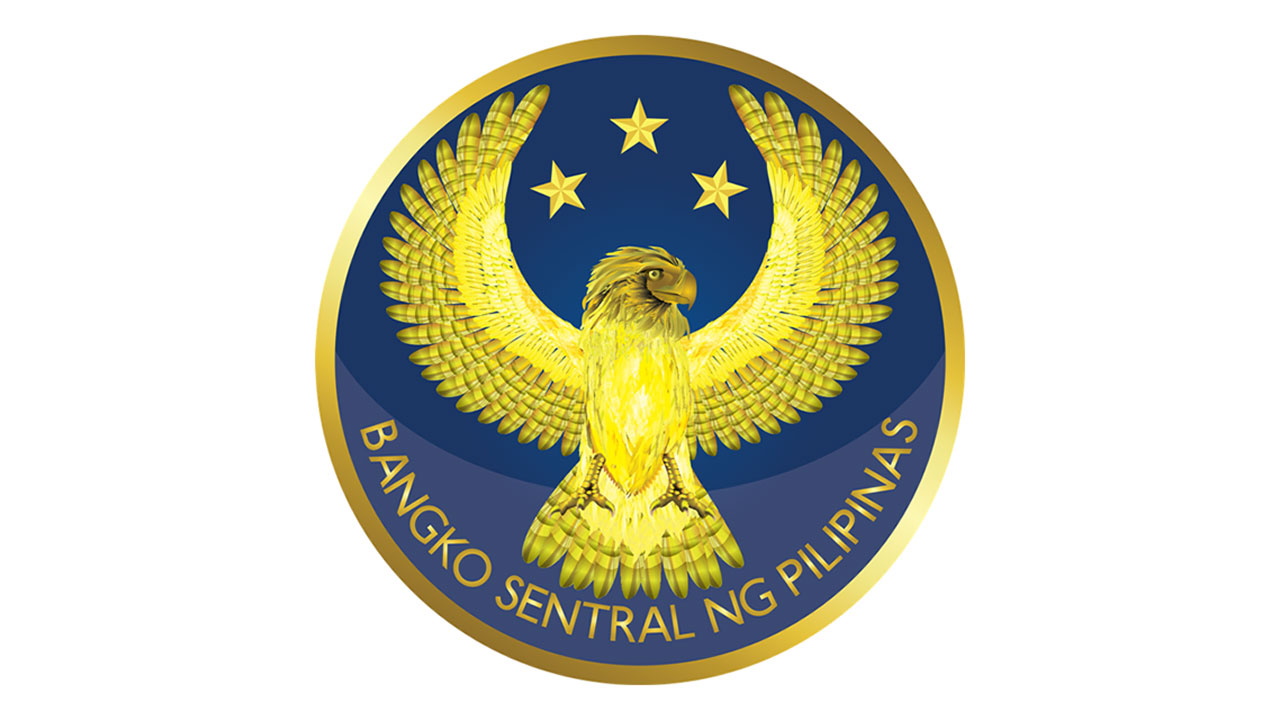
Upgrade to High-Speed Internet for only ₱1499/month!
Enjoy up to 100 Mbps fiber broadband, perfect for browsing, streaming, and gaming.
Visit Suniway.ph to learn

THE BANGKO SENTRAL ng Pilipinas (BSP) said it is working to broaden and enhance financial participation following a report showing a slight decline in financial account ownership among Filipino adults between 2021 and 2024.
“The BSP is committed to deepening financial inclusion. While the 2024 World Bank Global Findex report shows a slight decline in account ownership, this may reflect the easing of pandemic-related incentives to use transaction accounts,” the central bank said in a statement.
“These results highlight the need to go beyond account ownership and focus on improving financial health, especially for vulnerable sectors.”
The World Bank’s The Global Findex Database 2025 report released on Wednesday showed that only 50.2% of approximately 82 million Filipinos aged 15 years old and above had financial accounts in 2024, lower than the 51.4% recorded in 2021.
This was also well below the 83.3% average account ownership rate for East Asia and Pacific and the 70.4% for lower middle-income countries.
“The BSP remains committed to working with partners to onboard more Filipinos to the formal financial system and support their financial well-being through inclusive, secure, and accessible financial services, the central bank said.
Latest BSP data showed digital payments accounted for nearly 60% of both the volume and value of total monthly retail transactions last year. The BSP is targeting to achieve a 60-70% share of digital payments over total retail payments volume by 2028, in line with the Philippine Development Plan.
The central bank is also targeting to onboard at least 70% of adult Filipinos into the formal financial system. The share of Filipinos with bank accounts reached 65% of the adult population in 2022, BSP data showed.
“Persistent challenges remain, such as connectivity gaps, low financial literacy, and trust issues. Still, there are gains observed from 2021 to 2024,” the BSP said.
It noted that the World Bank report showed “increased use of mobile money accounts, formal savings, and improved financial resilience, as measured by the ability to access extra funds within 30 days.”
There was also higher account ownership seen among women, the poorest 40%, and Filipinos out of the labor force, it added.
Data from the World Bank showed that financial account ownership among adult Filipino women rose to 57.1% in 2024 from 47.4% in 2021. Increases were also seen in account ownership rates for those out of the labor force (to 44.3% from 41.4%) and those in the poorest 40% of households (to 34.4% from 34%).
However, these were still lower than the East Asia and Pacific averages of 83.5% for women, 75.7% for adults in the poorest 40% of households, and 50.3% for adults out of the labor force recorded in 2024.
Among lower middle-income economies, an average of 67.6% of adult women had financial accounts, as well as 63.4% of those in the poorest 40% and 59.9% of those without work. — Luisa Maria Jacinta C. Jocson




